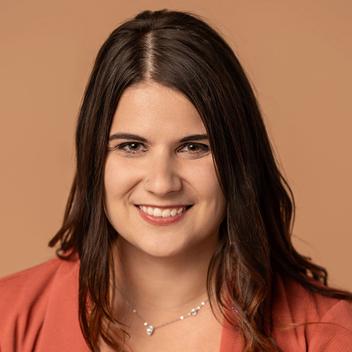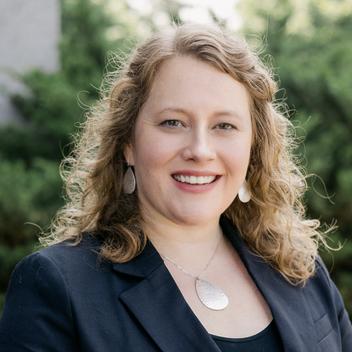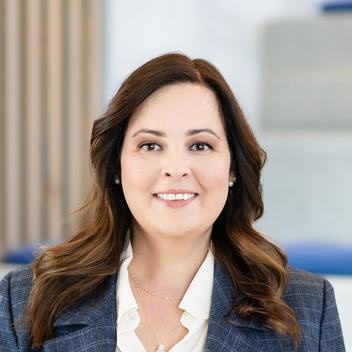Engineering Development Program
Wells has an immersive onboarding training initiative known as the Engineer Development Program (EDP), aimed at cultivating well-rounded engineers straight out of college and preparing them for professional registration. This structured program provides hands-on experience across various departments, including design, project management, and field operations, ensuring our engineers gain a comprehensive understanding of prefabricated construction. Through mentorship, technical training, and real-world project involvement, an EDP experience equips young engineers with the skills and knowledge needed to excel in the prefabrication industry and in their careers at Wells.

A hands-on foundation.
1. Field Services
The EDP starts with Field Services, offering young engineers hands-on experience in assembling buildings and exposing them to trades like excavation, underground utilities, flat work, steel, and masonry. This phase emphasizes real-world problem-solving and provides a comprehensive view of how our prefabricated products come together during the construction process.
2. Manufacturing Floor Immersion
Afterwards, participants move to the manufacturing floor, gaining insights into the intricacies of prefabricated manufacturing and developing on-the-spot problem-solving skills. They collaborate with manufacturing teams, observe quality control measures in action, and gain a deeper appreciation for the precision and efficiency required in the manufacturing process.
3. Drafting & Engineering Expertise
The program then transitions participants to the Drafting and Engineering world, encompassing flexural members, wall panels, cladding systems, and lateral systems. Interaction with Sales and Project Management departments facilitates exposure to architects, engineers of record, contractors, and owners.
4. Design Mastery
The final stage of the EDP delves into the design realm, incorporating knowledge gained from both production and field experiences. Design work progresses to wall panel design, lateral analysis, and total system design.
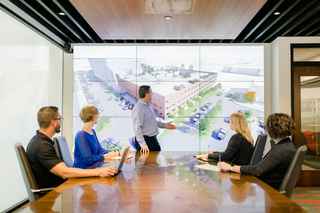
A path for professional growth.
This four-year program culminates in Wells actively supporting engineers as they prepare for and take the Professional Engineer (PE) exam. While the Drafting and Engineering department is often the intended path, engineers are encouraged to explore other areas within the company that align with their interests. Graduates of the EDP are well-prepared for the PE exam and qualified for a variety of roles at Wells. This hands-on program is a cornerstone of Wells' commitment to developing skilled and versatile prefabrication industry professionals.
Don't take our word for it.
Hear from our team about their experience with Wells' Engineering Development Program.
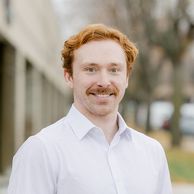
My advice is to take in as much as you can during this program. Having a mental catalog of solutions to certain problems will be very useful when you're finally producing designs in the office. You'll realize very quickly the value of the time you spent in the field and in the plant.
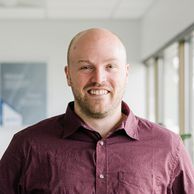
This certification will come with more responsibilities and opportunities to grow, learn, and experience new challenges as technology and codes evolve. It will also play a role in encouraging and mentoring Engineers-In-Training starting off in their new career.
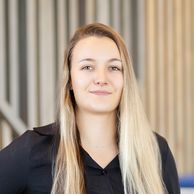
Wells gives you the opportunity to prove yourself and advance in the company however you wish. Don't limit yourself, if you have ideas on how to improve things, people at Wells will listen. You have the ability to make a difference within the company more than you realize.
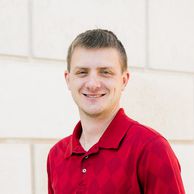
The Engineering Development Program with Wells has shaped my career path by simply giving me a taste of the engineering world as a whole — from foundation to erection, the processes in between, and the people you work and collaborate with.
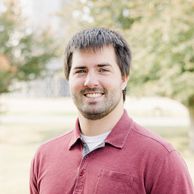
Working at Wells has been very rewarding. We are given the freedom to work on what seems important as individuals. Seeing a project go from paper to being a finished building, and being involved in every step of the way really gives a sense of importance.

